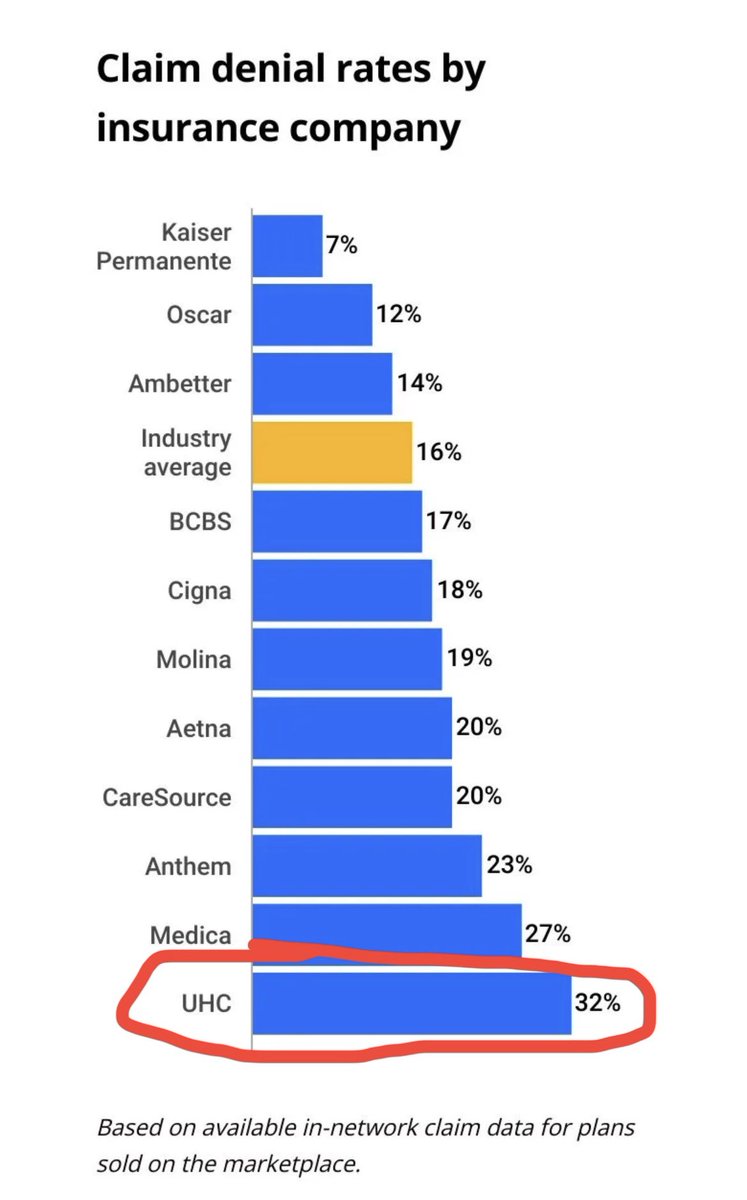In the state of nature, if someone does you wrong, it’s up to you and your mates to deal with it. This often means violence.
For most of English history there was no police force. Republican Rome had no police. There was law, but it was often privately enforced and often families and friends would take vengeance for wrongs. This led to rather a lot of violence and death, as well as feuds, where violence would continue long beyond the original offense.
Private justice; private vengeance thus comes with huge downsides, so in many societies we give up our right to use violence to right wrongs. We give that right to government in some form, and we reap the benefits of safety and that, in principle, stronger groups can’t bully those who are too weak to obtain their own justice.
The benefits are huge and everyone with sense recognizes that going back to private justice, to saying “they did me or mine wrong, I should beat or kill them” will mean a huge loss of public safety.
But whenever there’s a situation where changing from the status quo entails a huge cost there will be those who say “in that margin, I can benefit. All I have to do is take just a little less than the cost of change.”
How many people does private insurance and denials of care kill? It’s certainly, at least, in the tens of thousands.
What happens is simple enough. Some people, rich and powerful, get the right to harm others for money: the government doesn’t go after them for killing or hurting people. This is true of private equity buying companies, larding them up with debt then running them into bankruptcy so that many of their employees wind up impoverishing and homeless, for example. It was true of bankers causing a financial crisis. It is true of pharma jacking up prices or bosses stealing employees wages and water companies in the UK dumping sewage into the river and giving the money intended to clean sewage to their executives and investors.
None of this is punished by the law, yet people suffer.
But the cost of going back to private justice is HIGH and the transition cost, where the police and courts will charge those who enforce private justice with crimes, while not charging those who kill thousands with crimes, is awful.
So the bet by those who commit what has come to be called “social murder” is that they can get away with it: the cost of private justice is too high.
Still, there’s always the temptation to take a little more, then a little more and then a little more. To think, “well, I’m so rich I can have bodyguards and travel by helicopter and private jet and armored limo. The peons can’t get to me.”
But slowly (then all at once) ordinary people realize it’s not a good deal for them. Americans come to realize that Putin and Xi aren’t their real enemies, because their real enemies are those who are actually going to kill them or make them homeless, and those people are the rich and powerful in their own country.
Elon Musk, right now, is trying to cut Social Security and Medicare. If he succeeds a lot of people will wind up in pain, homeless or dead who wouldn’t have otherwise. He’s a direct threat to many, many people.
Putin isn’t going to make you homeless or kill you or deny you health care.
And when this switch flips, well, perhaps people decide that the high cost of going back to private justice is worth it and that when they gave up their right to private justice, they gave up their power. It was a good deal, as long as they could keep control of government and use government to control the wealthy and powerful, but once government control was lost, well, the power they gave up was used against them.
And this is, maybe, where we are. If more and more executives, CEOs and politicians wind up targets of extra-judicial justice, we’ll know it’s happened.
This isn’t, of course, an endorsement. It’s analysis. It’s in no one’s interest for the situation to become so awful that ending the state monopoly on violent justice makes cold hard rational sense for millions of people.
But that appears to be where we’re heading, if we aren’t there already.
SUBSCRIBE OR DONATE

 So, Mangione assassinated Brian Thompson, the CEO of United Healthcare, the US health insurance company with the highest denial rate in the industry.
So, Mangione assassinated Brian Thompson, the CEO of United Healthcare, the US health insurance company with the highest denial rate in the industry.
